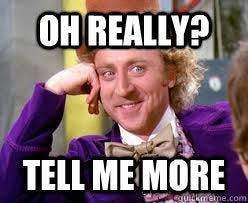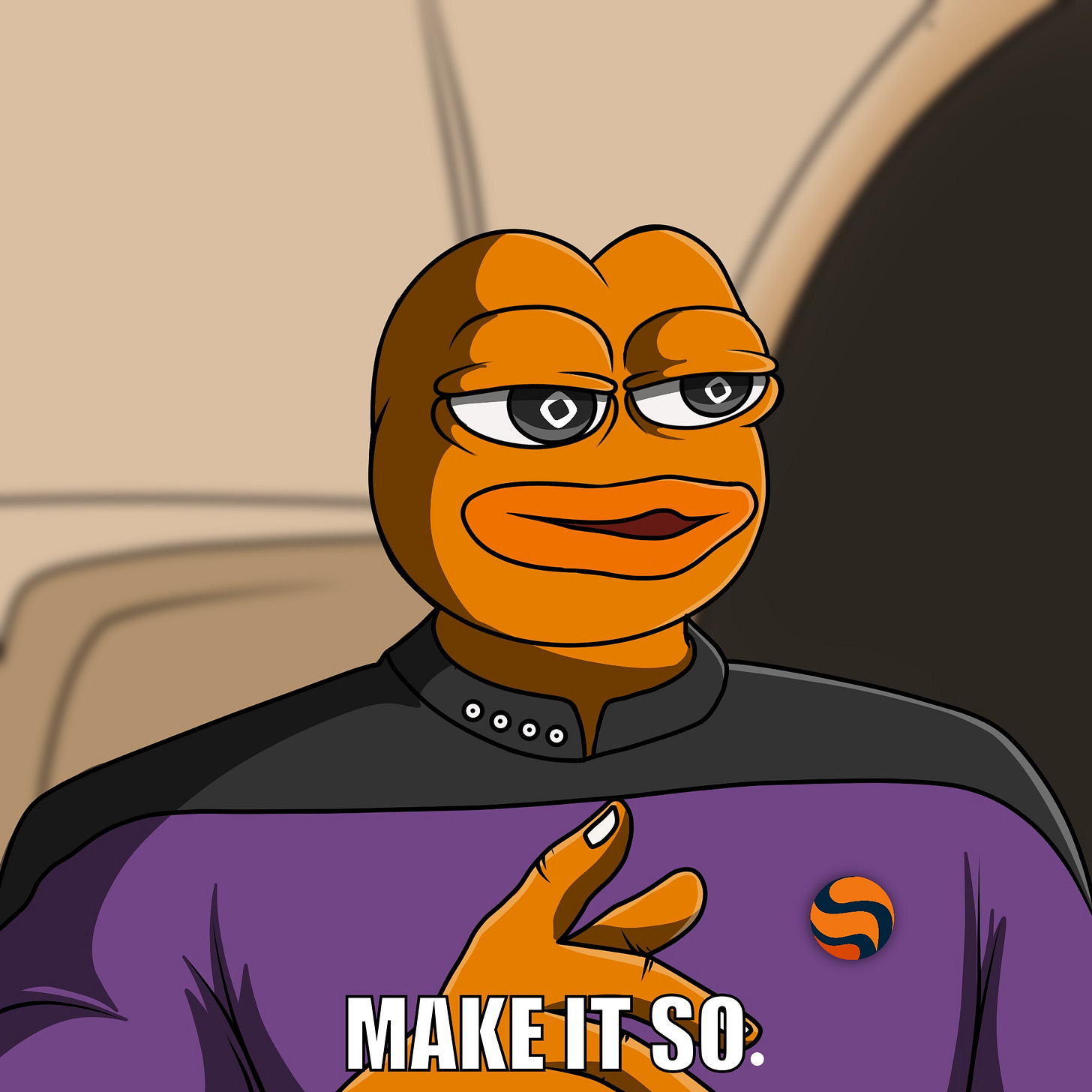The Power of the Meme
A deep dive into meme-ing and Web3
If you have been interacting with Monad lately, you will know that they are big on Memes.
Web3 in general reacts very well to this phenomenon but… why are memes so interesting?
Take a dive with us into meme culture!
What in the World Wide Web is a Meme?
What exactly is a meme? Contrary to popular belief, we're not talking about your grandma's knitting patterns (though those can be quite meme-worthy too). In the digital realm, memes are quirky, contagious, funny images, videos or texts and they're everywhere!
At their core, memes are snapshots of cultural relevance– images, videos, or even just text – that spread like wildfire across the internet, evolving with each iteration. From the iconic "Distracted Boyfriend" to the timeless "Woman Yelling at Cat," memes have taken lives of their own, rising above language barriers and uniting the globe in laughter, confusion, and sometimes even sadness.
The Rise of Memeology
The roots of meme culture run are a lot older than you might think. We need to do a TBT all the way to King Tut. We are talking about a journey from ancient hieroglyphs of Egypt to the dank depths of 4chan where people have been regaling each other with fun pictures.
It wasn't until social media however, that memes truly took off and became global expressions of emotions. Reddit, Twitter, IG and others became the breeding grounds for dank meme masters, providing a virtual playground to remix, remaster, and re-imagine pop culture into memes we now all use.
Scholars and armchair philosophers have been investigating the mysteries of meme culture, from the intricate dynamics of virality to the profound impact of Pepe the Frog on modern politics (I wish this was a joke but Pepe is a powerful froggy).
The Great Meme Wars
No discussion of meme culture would be complete without mentioning the Great Meme Wars – epic battles fought on the front lines of Twitter feuds and subreddit skirmishes. From the legendary clash of "Team Edward vs. Team Jacob" to the “Kdot vs Drizzy beef” these digital showdowns have captured the timelines of social media users around the globe, spawning countless think pieces and think tanks dedicated to deciphering their hidden meanings or just straight up blasting the competition.
Memes have become the universal language of the internet, transcending borders, ideologies, and time. They serve as the great equalizer – reminding us all that, deep down, we're all just a bunch of goofballs scrolling through our feeds in search of the next big laugh.
Why is Web3 so Meme-y
Web3 natives currently consist of a specific group of internet denizens. We spend our time here trying to figure out the next best play, we understand the intricacies and importance of crypto currency and communicate with each other mostly through social media.
Because Memes are a digital translation of humanity, it is not a stretch to determine that Web3 denizens are fluent in memes. We are literally born here and are therefore able to break down very complex blockchain concepts into understandable language, making Web3 more accessible for non-technical users. You heard it here first: Memes are the portal to mass-adoption!
Another thing to consider is generational impact. Most Web3 founders are of the generation that was introduced to the internet at a young age. One could say that we are the first generation on the internet and thus memes are the expression of our age group, which is now being picked up by the next generations that are entering the space.
Here at MagmaDAO we celebrate our meme kings and queens. So we decided to start excursions into Mona’s cave to uncover the true Meme masters and mistresses. As a part of the Monad Ecosystem it is more then important then ever to show how fluent we are in Meme.
Make sure you stay in touch with us on X (Twitter) or hang out with us on Discord to follow our meme-fueled eruption into a promising, more vibrant and inclusive DeFi landscape.






let’s go magma check it out monad
I wondered, but the memes are still not mine